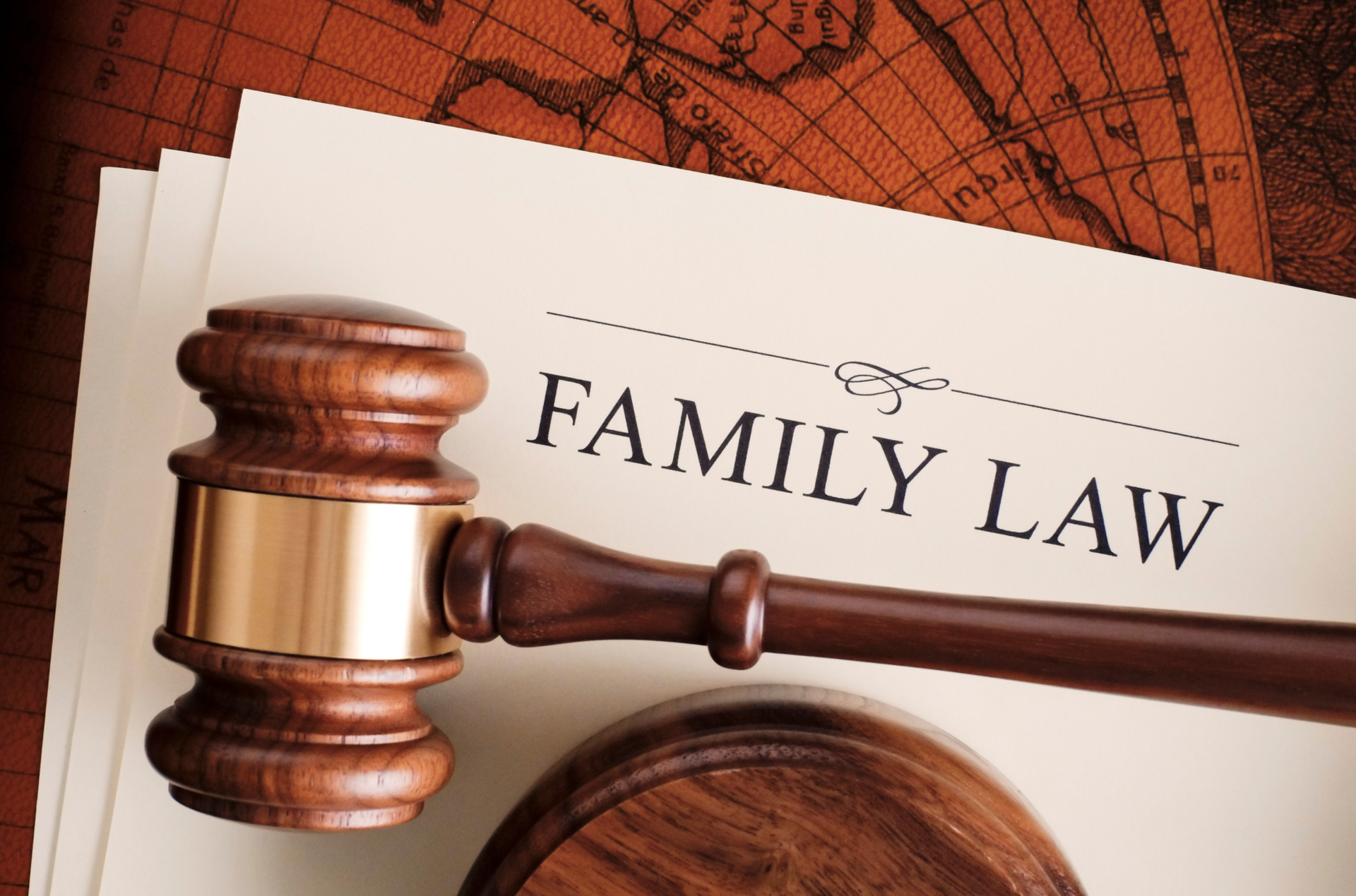Public Agency Adoption: Mediation Dos and Don’ts
During the public agency adoption process, mediation may be held between an adoptive family and the child’s family of birth. Mediation helps resolve potential conflicts in open adoptions, where the families are aware of one another’s identities.
Mediation is a collaboration that starts with a mediator meeting individually with the key parties. Parties are not brought together until the mediator has an understanding of their viewpoints.
The end goal of mediation is to develop a post-adoption contract. This is an agreement between the adoptive family and the birth family about the frequency and nature of contact and communication the birth family may have with the child.
These agreements are maintained (and can be ) until the child reaches adulthood. When entering into mediation for a public agency adoption, remember these tips:
1. Stay Focused on the Child’s Best Interests
It’s hard to compromise on things you feel are deeply important to your child’s well-being. Remember, though, that first impressions can be wrong and there may be more to consider. The best course for a child is sometimes found between the families’ initial positions.
2. Respect Other Family Members
You may bring family, friends, or others of your choosing to the mediation, but only the affected parties can participate in discussions. Try to stay calm throughout the proceedings. Use the mediator as a resource and take a break if you feel exhausted or overwhelmed.
3. Set Clear Boundaries for Contact and Communication
In your discussions with the mediator, you’ll have the time to work out your hopes for the final agreement in writing. This should include clear boundaries for frequency and type of communication, including visits and online interactions like email and social media.
4. Maintain Open Communication with Other Parties
For both sides, communication is the key to making sure the terms of an agreement are upheld long-term. Keep the lines of communication open during the mediation by asking clarifying questions, especially if you feel upset by what you believe the other party means.
5. Know a Child’s Needs May Change in Time
Although a post-adoption agreement lasts for years, children grow and change fast. It might be necessary to occasionally revise the terms of your agreement. For example, stay attuned to a child’s signals that he or she wants more contact with birth parents. Tensions can flare during any mediation. Even with the best of intentions, it’s possible to work against the process. Remember these don’ts as you get ready for the big day.
6. Don’t Be Hostile or Adversarial
When insults or accusations come out, communication shuts down. Even in cases where there’s wrongdoing in the past, the mediation is a forum to look after the child’s needs in the future. Call on the mediator if anyone oversteps bounds or you need a break.
7. Don’t Conceal Relevant Information
Any agreement has to be built on transparency, honesty, and good faith. For example, if you agree your child will meet with birth parents once a quarter, but you have plans to move to another state in a few weeks, this is information that you should disclose.
8. Don’t Forget to Include the Child
The child’s perspective is valuable at any age since it lets you know where they stand with the birth parents emotionally. Older teens may wish to participate directly in the mediation process, and should be heard.
Preparation is the key to a successful public agency adoption. For help from compassionate and knowledgeable adoption attorneys, contact us today. We are here to help.












